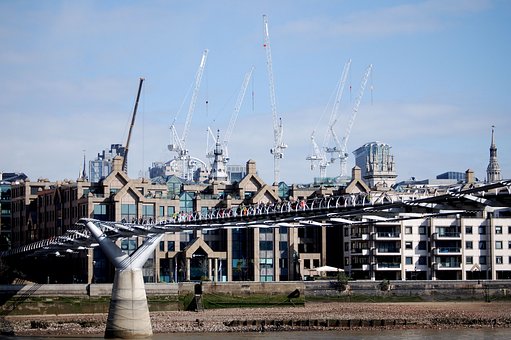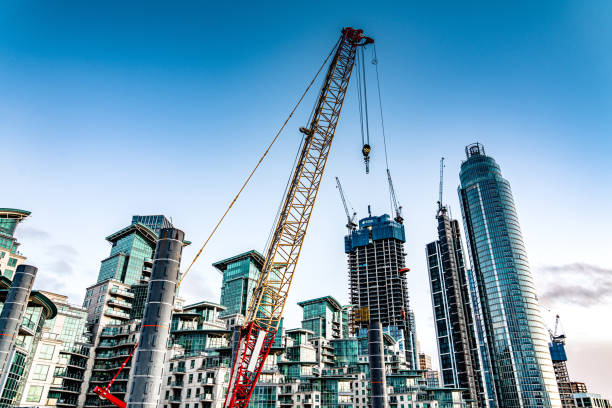Is Modular Construction the Future? Understanding The Pros and Cons
Modular construction, also known as off-site construction, is a method of building in which various components of a structure are prefabricated in a factory, then transported to the construction site and assembled. This approach to construction has gained popularity in recent years, as it offers a number of potential benefits, such as cost savings, increased efficiency, and improved safety. However, as with any construction method, there are also potential drawbacks that should be considered.
Cost Savings
One of the main advantages of modular construction is cost savings. By prefabricating components in a factory, many of the costs associated with on-site construction, such as scaffolding and crane hire, can be reduced. Additionally, the use of a factory environment allows for a more controlled and efficient construction process, which can also lead to cost savings.
Increased Efficiency
Another advantage of modular construction is increased efficiency. By prefabricating components in a factory, it is possible to construct buildings much faster than traditional on-site construction methods. Additionally, modular construction can also reduce the need for skilled labor on-site, which can help to speed up the construction process.

Enhanced Safety
construction management services also offers improved safety. By reducing the need for workers to be on-site, it can help to reduce the risk of accidents and injuries. Additionally, by prefabricating components in a factory, it is possible to create a safer working environment, which can help to improve the overall safety of the construction process.
Drawbacks of Modular Construction
Lack of Flexibility
However, there are also potential drawbacks to modular construction. One of the main concerns is the lack of flexibility. Because components are prefabricated in a factory, it can be difficult to make changes or modifications to the design once construction has begun. This can make it difficult to adapt to unexpected changes or to incorporate new technologies.
Quality Control Issues
Another potential drawback of modular construction is the potential for quality control issues. By prefabricating components in a factory, it can be difficult to ensure that each component meets the required quality standards. Additionally, it can be difficult to ensure that all components fit together correctly once they are transported to the construction site.
Lack of Design Variety
Finally, there is also a lack of design variety when it comes to modular construction. The standardization of the components limits the architectural design options, and the buildings can look quite similar and lack a sense of uniqueness.
Conclusionary Notes
While modular construction offers a number of potential benefits, such as cost savings, increased efficiency, and improved safety, it also has its drawbacks. Clients should carefully consider these potential drawbacks when deciding whether or not to use modular construction for their project. It’s important to weigh the pros and cons and consult with experts before making a decision.
